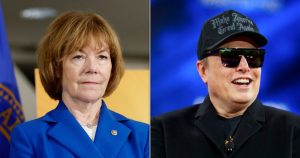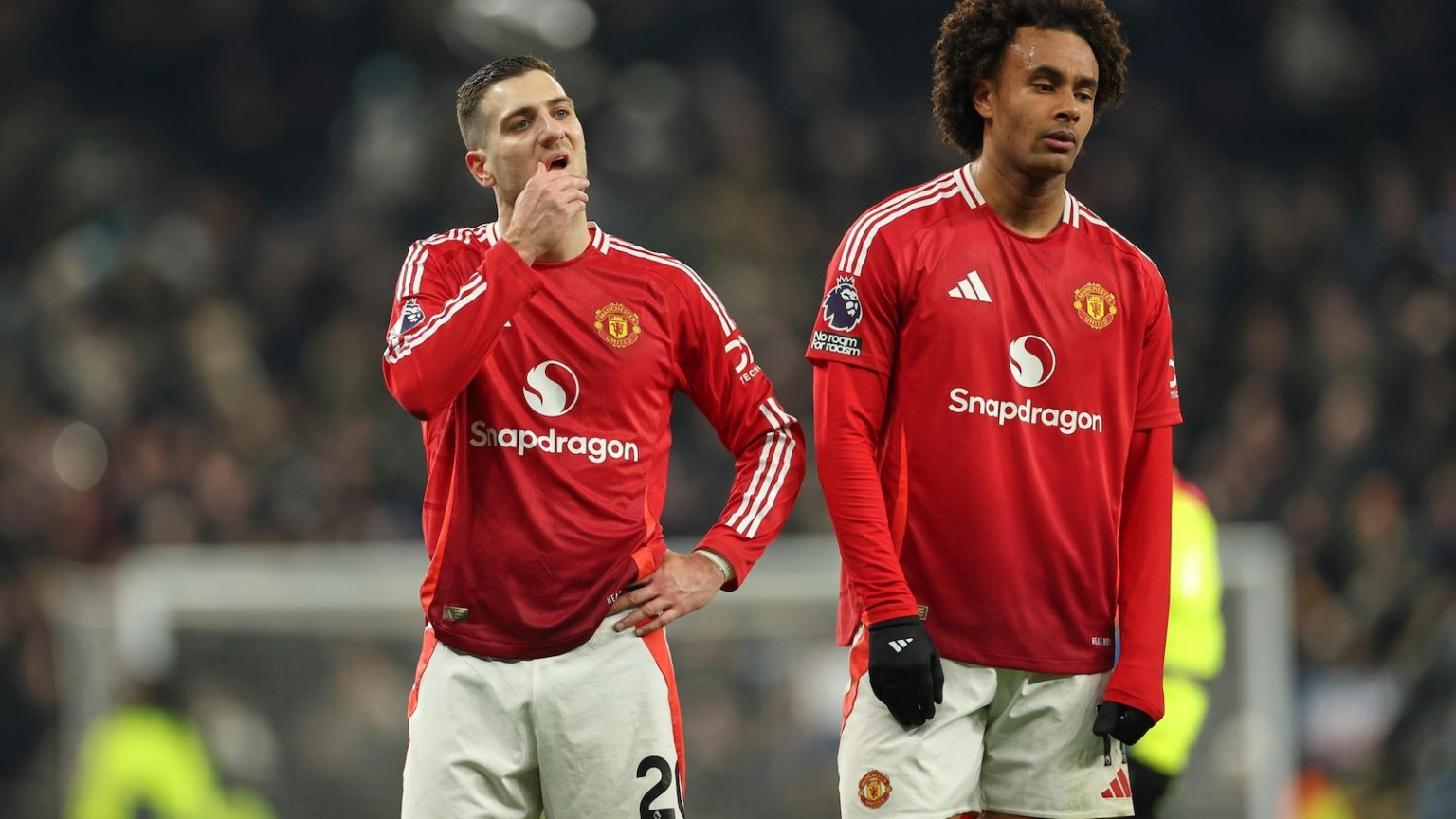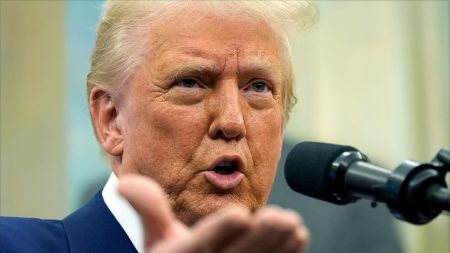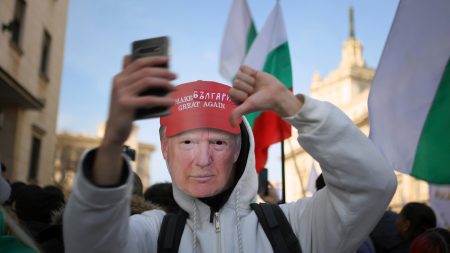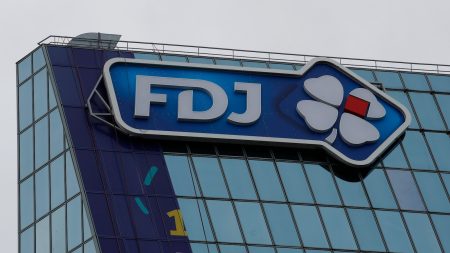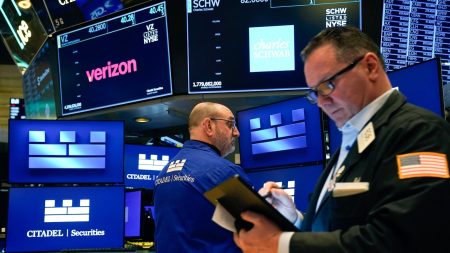Manchester United’s Troubled Times: A Year Under Jim Ratcliffe’s Ownership
A Year of Broken Promises and Broken Dreams
It has been one year since Jim Ratcliffe, one of Britain’s wealthiest men, purchased a 25% stake in Manchester United, vowing to restore the club to its former glory. Yet, the reality has been far from the promised revival. The once-mighty Red Devils, with a record 20 English league titles, are now languishing in the bottom half of the Premier League table, hemorrhaging money, and facing growing unrest from fans. Even the team’s head coach, Ruben Amorim, has described this as potentially the worst squad in the club’s storied history. The situation is dire, and the blame, while not entirely on Ratcliffe, reflects the chaotic start to his tenure as minority owner.
Ratcliffe, the billionaire owner of petrochemicals giant INEOS, paid $1.3 billion for his stake and took control of soccer operations, promising a "journey back to the top of English, European, and world football." However, his ambitious vision seems further away than ever. United sits 15th in the standings, closer to relegation than the top six, following a dismal campaign. Sunday’s 1-0 loss to Tottenham marked the team’s 12th league defeat this season and the eighth under Amorim, who only took charge in November. The Portuguese manager admitted, "I have a lot of problems, my job is so hard, but I am here to continue my job to the next week with my beliefs." His resilience is admirable, but the results on the pitch tell a different story.
A Costly Overhaul of Leadership
Ratcliffe’s first year has been marked by high-profile hires, brutal cost-cutting measures, and significant upheaval. Among the key appointments were Omar Berrada, who joined from Manchester City to become CEO, and Dan Ashworth, who left Newcastle to take on the role of sporting director. Jason Wilcox, formerly of Manchester City’s academy, was appointed technical director, while Ineos Sport’s Dave Brailsford and Jean-Claude Blanc were added to the club’s board. Amorim, brought in as the final piece of this new leadership team, replaced Erik ten Hag, who was fired in October after a poor start to the season.
However, this restructuring has been far from seamless. Ten Hag’s dismissal came just three months after he was given a one-year contract extension, following a disastrous start to the campaign. Ashworth, meanwhile, left the club less than six months after his arrival, despite the lengthy and expensive process of prying him away from Newcastle. These missteps have proven costly. United paid $13.09 million to terminate Ten Hag’s contract and an additional $13.85 million to release Amorim from Sporting Lisbon. Ashworth’s recruitment alone cost between $2.5 million and $3.78 million, with the club footing the bill for his five-month gardening leave during negotiations with Newcastle.
These expenses are particularly jarring given the broader context of financial belt-tightening. United has implemented cost-saving measures, including the elimination of around 250 staff roles, with more cuts potentially on the horizon. Even club legend Alex Ferguson has not been spared; he will step down from his role as club ambassador at the end of the season, a decision that has sent shockwaves through the fanbase. The financial strain is evident, and the club’s efforts to balance the books have not been well-received by supporters.
Financial Struggles and Fan Backlash
Manchester United’s financial woes are undeniable. The club reported losses of $140 million last year, and the situation shows little sign of improvement. In an effort to stem the bleeding, United raised the price of its cheapest tickets to $81, up from $49, midway through the season. The decision was met with outrage from fans, who feel they are being asked to bear the brunt of the club’s mismanagement. The Manchester United Supporters Trust (MUST) summed up the sentiment, stating, "Fans should not be paying the price for previous bad ownership & bad management. The supporters bring far more value than the simple collective ticket revenue."
The anger towards the club’s ownership group, still majority-owned by the American Glazer family, has only intensified. While Ratcliffe’s arrival was initially met with hope, the continued decline of the team has fueled frustration. Fans have made their voices heard through protests and jeers, with the team’s underwhelming performances on the pitch further inflaming tensions. The club’s worst league campaign in 34 years under Ratcliffe’s first full season has only deepened the sense of despair. History repeats itself, as United’s recent struggles evoke memories of the 1973-74 season, when the club was relegated from the top flight.
On-Field Woes and Lack of Progress
Despite heavy investment in the transfer market—United has spent around $260 million on players since Ratcliffe’s arrival—the squad still looks woefully short of the quality needed to challenge for honors. Key signings like forward Joshua Zirkzee and defender Leny Yoro have failed to make the expected impact, with Zirkzee struggling to adapt to the Premier League and Yoro sidelined for much of the season through injury. The team’s inability to compete with its rivals is evident, and the lack of progress has raised serious questions about the club’s recruitment strategy and long-term vision.
The pressure to comply with financial fair play regulations has further compounded the issue, casting doubt on United’s ability to spend big in the summer transfer window. Amorim’s preferred system requires players who can execute his tactical plans, but the club’s financial constraints may limit its ambitions. Without significant reinforcements, the prospect of a quick turnaround seems unlikely. The club’s fans, who once basked in the glory of Ferguson’s dominance, are now left to ponder when their team will return to the pinnacle of English football.
Fan Protests and the Fight for the Club’s Future
The relationship between Manchester United and its fans has reached a breaking point. Supporters spent years campaigning against the Glazer family’s ownership, and while Ratcliffe’s arrival brought a glimmer of hope, the continued decline of the team has reignited their anger. The protests that have marred recent matches are a testament to the deep-seated frustration within the fanbase. Fans feel betrayed by the club’s hierarchy, who they believe are prioritizing profits over performance.
The financial struggles and on-field failures have also raised concerns about the club’s long-term sustainability. As United continues to hemorrhage money, the need for drastic action becomes increasingly urgent. Ratcliffe’s vision of a "cash-positive" future is rooted in difficult decisions, including staff redundancies and ticket price hikes, but these measures risk alienating the very people who have sustained the club through its darkest days. The fans’ loyalty is being tested like never before, and the consequences of failure could be catastrophic.
A Challenged Vision for the Future
Despite the turmoil, Ratcliffe remains committed to his vision of restoring Manchester United to its former glory. Central to this plan is the redevelopment of Old Trafford, the club’s iconic stadium, or potentially building a new one from scratch. The ambitious project, which includes the revitalization of the surrounding area, has received backing from the U.K. government. However, the financing of such a venture remains unclear, and the question of where the money will come from looms large.
The modernization of United’s Carrington training ground, funded by a $63 million investment, is a step in the right direction, but the bigger picture remains uncertain. United has not won the league title since Ferguson’s final season in 2013, and the club’s great rival, Liverpool, is on course to equal United’s record of 20 league titles this season. The pressure to reclaim the crown is mounting, but the path forward is fraught with challenges. Ratcliffe’s success in business does not guarantee success in football, and the 63-year-old is beginning to realize the scale of the task ahead.
In the end, Manchester United’s situation is a stark reminder of the complexities of modern football. The club’s problems are not just about money or management—they are about identity, passion, and the delicate balance between progress and tradition. For Ratcliffe, the journey back to the top will require more than just investment; it will demand a deep understanding of what makes Manchester United special and a commitment to putting the club’s soul back at the heart of its operations. The coming months and years will determine whether he can deliver on his promise—or whether the Red Devils will continue to languish in the shadows of their glorious past.

